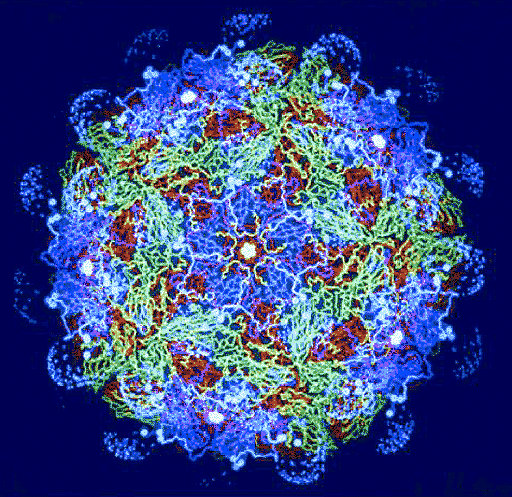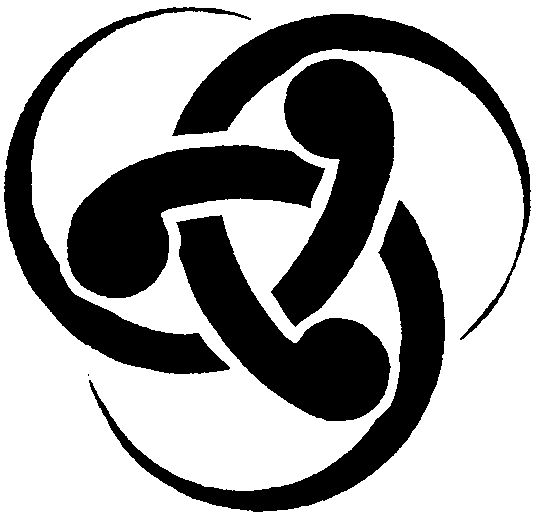 |
LITR 4332 American
Minority Literature 2013 Student Midterm Samples #1. Short essay (4-6 paragraphs) on 1 of 2 options
option 1a. Highlight and analyze |
 |
Tom Higginbotham
The Interesting argument of Olaudah Equiano, The African
[Ch. 1, pts 13 & 14]
The
Interesting Narrative of Olaudah Equiano was,
without a doubt, interesting, though not at all for the reasons I expected.
Detailed descriptions of his strange land, I anticipated. His reactions to the
stranger things he saw as he traveled I also foresaw. What I wasn't expecting
was for there to be a reasoned, complete, and unabashedly
polite argument against his
subjugation and discrimination, for delivery directly to his subjugators,
nestled neatly inside all of that other business. Equiano's part musing, part
analysis on status of Africans in western society not only adds character to his
own narration, but also typifies the position of African Americans as minorities
in a fashion that holds more or less true (though certainly in less extreme
ways) to this day.
In spite of, or perhaps because of, his position, Olaudah is clearly a
startlingly intelligent man. As Fredrick Douglas would later say on posters
found in libraries everywhere, “Once you learn to read, you will forever be
free,” and if that's the case, then not only was Equiano free, he was piloting
his own aircraft. What strikes me first about this particular passage is the
sheer daring of it. Again, Olaudah was writing this story to his intended
audience of “All the White people” also known as “The people who bought him in
chance, shipped him halfway across the world to do hard labour for the rest of
his life”. Equiano decided that if he was ever going to get a chance to speak up
for his broader race, now would be the time, possibly the only time, and that if
he was going to do it, he would do it in the nicest way possible, short of
baking every one of his readers a cake. He offers not his own opinions, but
rather a comparison made by a vetted scholar between the African people and Jews
who, while still not winning any popularity contests at the time, were at least
more White (and 98% less enslaved) than Blacks, then going on to say “These
instances, and a great many more which might be adduced; while they show how the
complexions of the same persons vary in different climates, [it is hoped they]
may tend also to remove the prejudice that some conceive against the natives of
Africa on account of their colour. Surely the minds of the Spaniards did not
change with their complexions!” Equiano appears to be quite adept at telling
people they're wrong in ways that don't sound like being told they're wrong.
This isn't a soapbox or a call for change and it's certainly not a plea; this is
a sound, calm, reasoned argument concerning the treatment of minorities which
could very easily have come from, and is indeed based on, any number of sources
that his audience wouldn't have found objectionable. This, in my opinion, is the
best way to argue to a crowd that doesn't like you.
And of course, Equiano's crowd didn't
really like him. The aftermath of the Civil War is a pretty good indicator that
even those who were campaigning for the end of slavery didn't like African
Americans as much as they disliked the idea of slavery. Equiano's little detour
into the politics of race is more or less the standard operating procedure for
Black Americans as a minority for those and many years to follow. That is,
working to better yourself within a system which, at best, is not helping you
and, at worst, is actively antagonistic, to be achieved in small, unassuming
pieces until comfort can be carved out. This is not a book about the
mistreatment of African natives as slaves and second-class citizens. This is an
Interesting Narrative of [A Name you
Don't Really Read]...the African. While I have no such research to back this
up, I'd be willing to bet that a majority of readers picked it up to hear about
those crazy Afro-men and their crazy societies and how weird it must have been
for them to finally see what a real civilization looks like (also known as why
the story of Pocahontas was so popular) and this is more or less what they got,
along with the subtle reminder that African people are, indeed, also people.
Olaudah Equiano was, without a doubt, a credit to his race in a time when much
of popular opinion held that there was little to no credit to be found at all.
He, as an author, used what I had before considered a popularly modern mode of
argumentation which I would love to see used only half as well on a regular
basis. While relatively unknown compared to such contemporaries as Tubman,
Douglas, and more modern activists such as King and X, and is certainly more
acquiescent than any of the above,
I have no doubt that these two unassuming paragraphs changed more than one mind
in a significant way.
